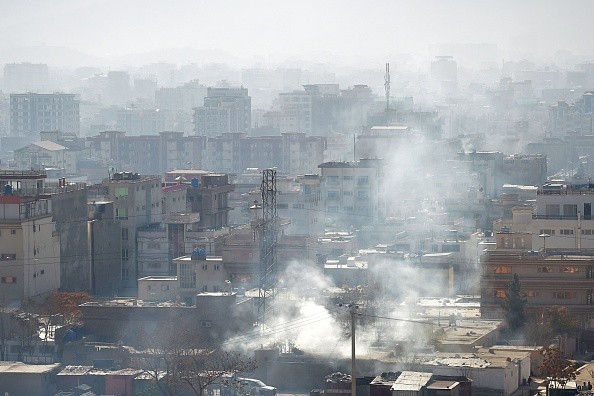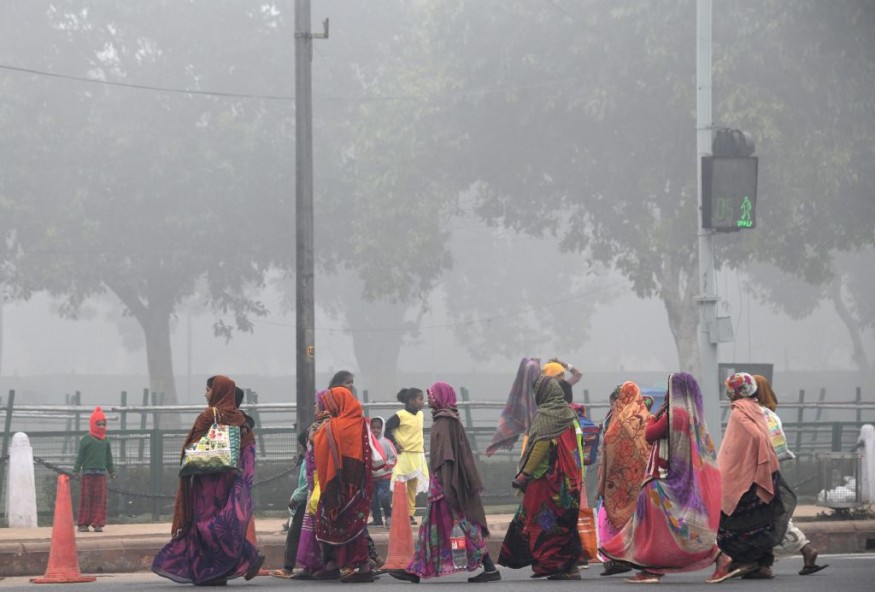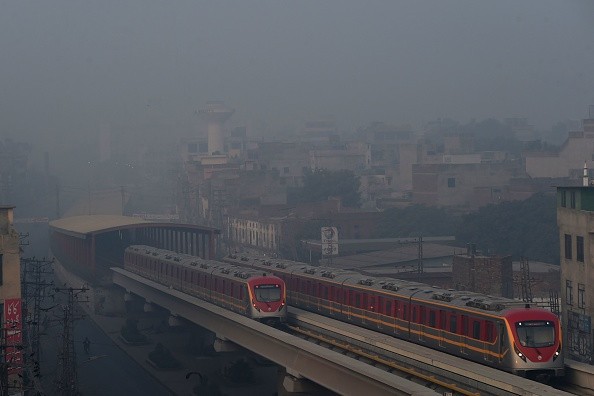Satellites were employed in new multinational research to analyze changes in air pollution in some of the world's fastest-growing tropical towns.
By 2050, some of these cities will be home to more than 50 million people, but there is practically no way to monitor what people are inhaling on the ground.

=
Satellite Images
We're all used to seeing satellite imagery on weather predictions on television. They're also used to follow dust storms, such as the arrival of Saharan dust in the United Kingdom and even across the Atlantic and wildfire smoke.
"Earth observation gives us up-to-date information on locations and emissions of wildfires, the distribution of major pollutants in the atmosphere, and the weather," said Mark Parrington, a senior scientist at the European Centre for Medium-Range Weather Forecasts. Satellites send about 800 million data points throughout the planet, including in remote areas."
However, assessing air pollution from space is challenging since the satellite must see through the whole column of air underneath it, making it impossible to estimate pollution in the few meters below where humans reside. Because the satellites rely on reflected sunlight, they can only take measurements during the day. Clouds obstruct visibility as well. Despite these limits, satellites have already shown pollution that we were unaware of in our backyard, such as agriculture pollution from sugar beet fields in France.
Worsened Air Pollution

According to the report, air pollution has worsened in 46 potential megacities in tropical Africa, Asia, and the Middle East. Between 2005 and 2018, city development and increased air pollution resulted in 180,000 more fatalities per year due to deteriorating air quality.
One of the primary causes is agricultural burning in the areas around cities. However, new causes such as fertilizer usage in surrounding fields and increased transportation and industry are driving the degradation. Waste burning issues, especially the burning of plastics, are also common. New coal power stations being developed in India are also impacting Indian cities.
Some cities are responding. Ten African towns joined the C40 clean air statement last month. Signatory cities acknowledge the right to clean air, commit to reducing pollution, and track their progress. They are now part of a network of 46 cities working together to confront our climate emergency, cut air pollution, and address inequities using a science-based approach.
Air Pollution
Air pollution is any chemical, physical, or biological factor that contaminates the interior or outdoor environment and alters the natural properties of the atmosphere.
Sources
Pollution is commonly caused by household combustion devices, motor vehicles, industrial operations, and forest fires. Particulate pollution, carbon monoxide, ozone, nitrogen dioxide, and sulfur dioxide are serious public health concerns. Indoor and outdoor air pollution are significant drivers of morbidity and death, including respiratory and other disorders.
Just How Bad is Air Pollution?

According to WHO data, nearly all of the world's population (99%) breathes air that exceeds WHO guideline limits and includes high levels of pollutants, with low- and middle-income nations bearing the brunt of the burden.
The global climate and ecosystems are inextricably related to air quality. Many factors that contribute to air pollution (such as the burning of fossil fuels) also contribute to greenhouse gas emissions. As a result, policies to decrease air pollution are a win-win approach for both climate and health, lessening the burden of disease caused by air pollution and helping climate change mitigation in the short and long run.
Related Article : NASA Teams Up With Various Institutions to Show a More "Global" Perspective of Environmental Changes
For more health and environment related news, don't forget to follow Nature World News!
© 2026 NatureWorldNews.com All rights reserved. Do not reproduce without permission.





